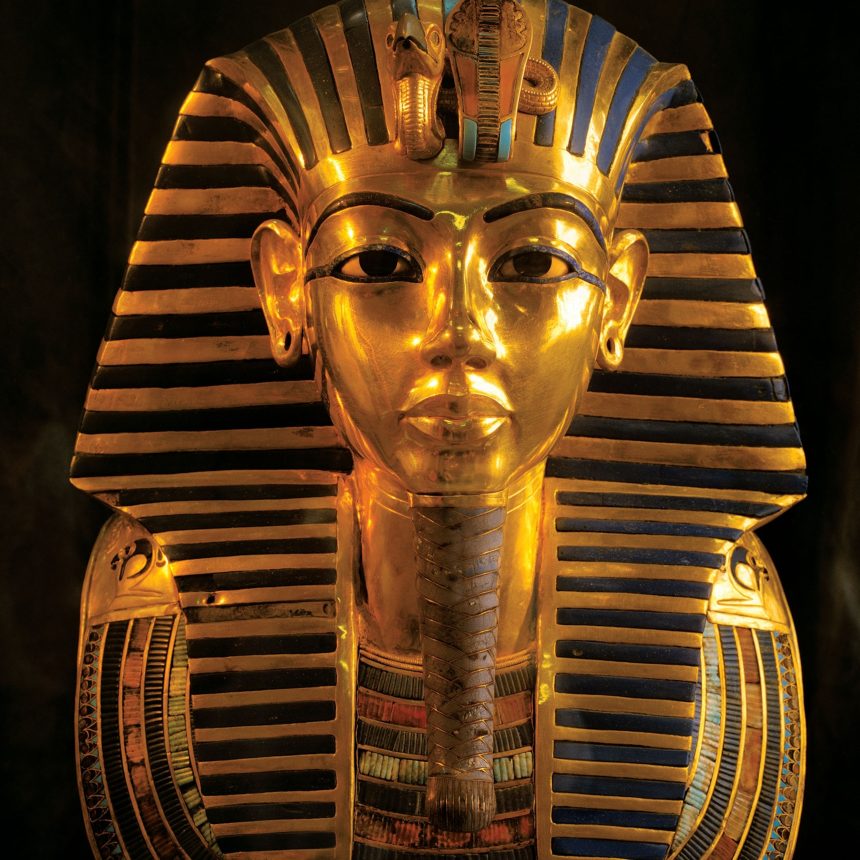Throughout history, the mantle of leadership has occasionally fallen upon the shoulders of the very young, creating a fascinating intersection of youth and power that defies conventional expectations. The top ten youngest world leaders in history, ranked from 10 to 1, showcase an extraordinary array of monarchs and rulers who ascended to their thrones or offices at ages ranging from mere days to just under ten years old. These individuals, often propelled into authority by the unpredictable tides of hereditary succession, navigated complex political landscapes, wars, and cultural shifts, sometimes with the aid of regents, sometimes leaving legacies far beyond their years.
From the ancient sands of Egypt with Tutankhamun to the modern struggles of Fuad II in Egypt, this list spans centuries and continents, revealing how youth can shape the destiny of nations. This exploration dives into the lives of figures such as Mary Queen of Scots, who ruled from six days old, and Sobhuza II, whose reign stretched over eight decades from infancy. Each story offers a unique lens on how age, circumstance, and historical context intertwine, making these young rulers some of the most compelling figures in the annals of global governance. Join this journey through time to uncover the remarkable tales of the youngest world leaders ever, where innocence met immense responsibility, leaving an indelible mark on history.
Top Ten Youngest World Leaders In History
10. King Charles IX of France
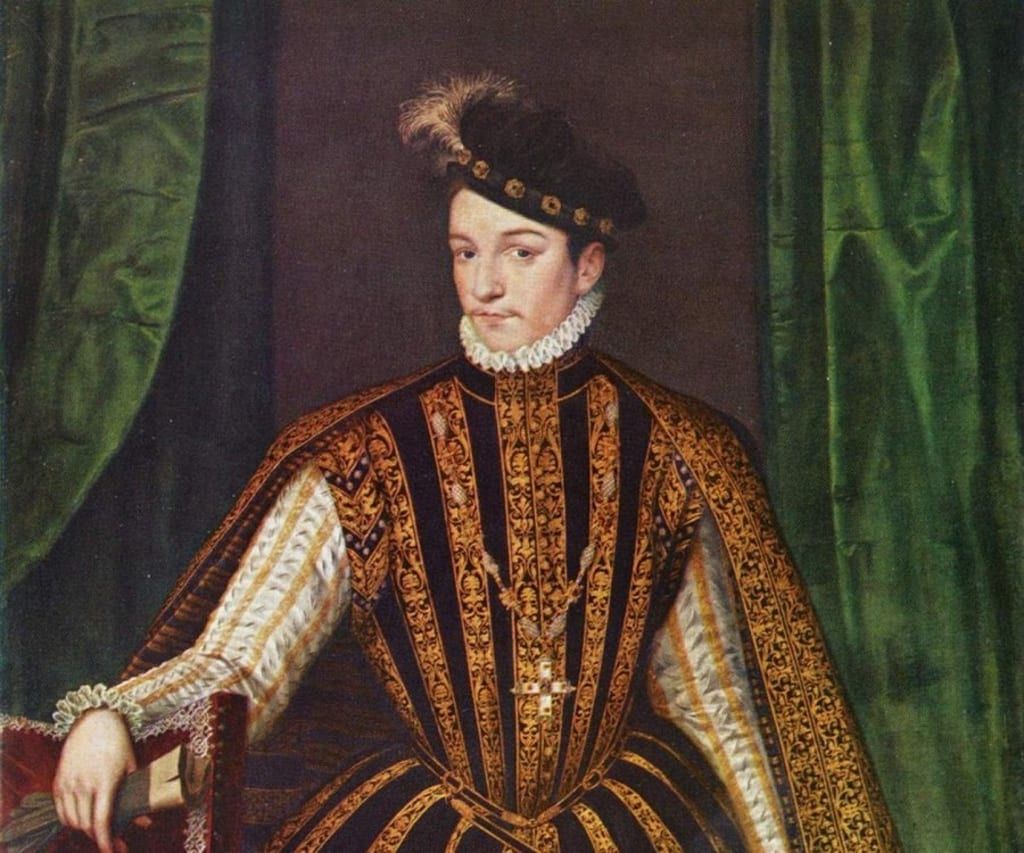
Birth and Ascension: Born June 27, 1550, at the Château de Saint-Germain-en-Laye, Charles IX became king on December 5, 1560, at nearly ten years old after his brother Francis II’s death.
Reign and Legacy: His mother, Catherine de’ Medici, served as regent during his early years, guiding France through the Wars of Religion. The St. Bartholomew’s Day Massacre in 1572, a brutal attack on Huguenots, remains a defining moment, though his role is debated. A lover of arts, he supported poets like Pierre de Ronsard and enjoyed hunting. His reign was marked by tension between Catholics and Protestants, shaping France’s turbulent sixteenth century.
Death and Succession: Charles IX died of tuberculosis on May 30, 1574, at twenty-three, succeeded by his brother Henry III, leaving no male heirs.
9. King Edward VI of England
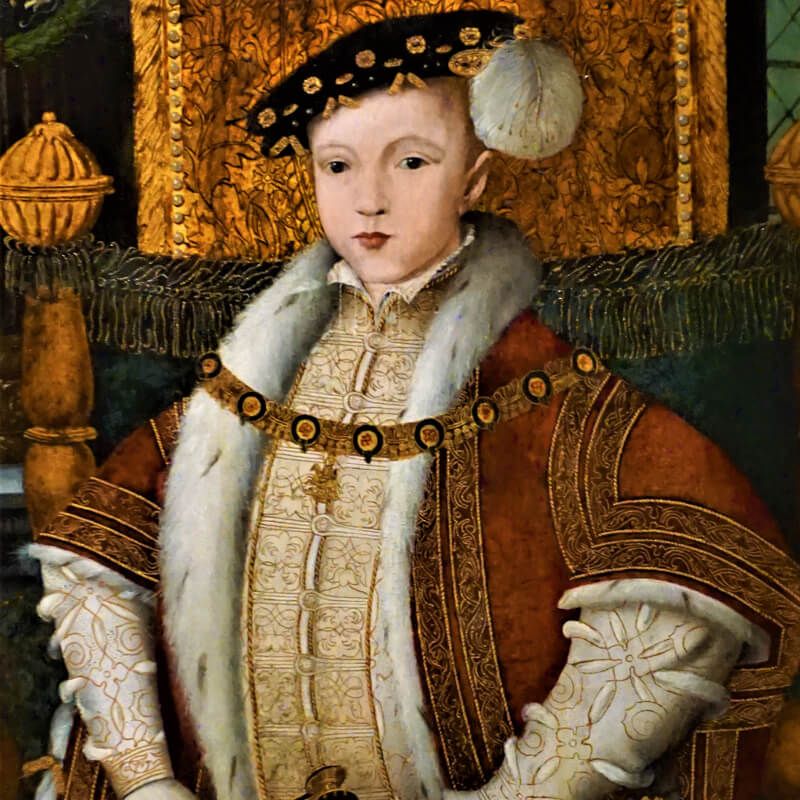
Birth and Ascension: Born October 12, 1537, at Hampton Court Palace, Edward VI ascended the throne on January 28, 1547, at about nine years and four months old following Henry VIII’s death.
Reign and Legacy: His uncle, Edward Seymour, acted as Lord Protector, steering England toward Protestantism. Key reforms included the Book of Common Prayer and the Act of Uniformity, cementing the English Reformation. A bright student, Edward studied languages and sciences, showing promise as a young ruler. His reign laid groundwork for religious shifts that defined England’s future.
Death and Succession: He died of tuberculosis on July 6, 1553, at fifteen, sparking a succession crisis with Lady Jane Grey briefly taking the throne before Mary I’s rise.
8. King Tutankhamun of Egypt
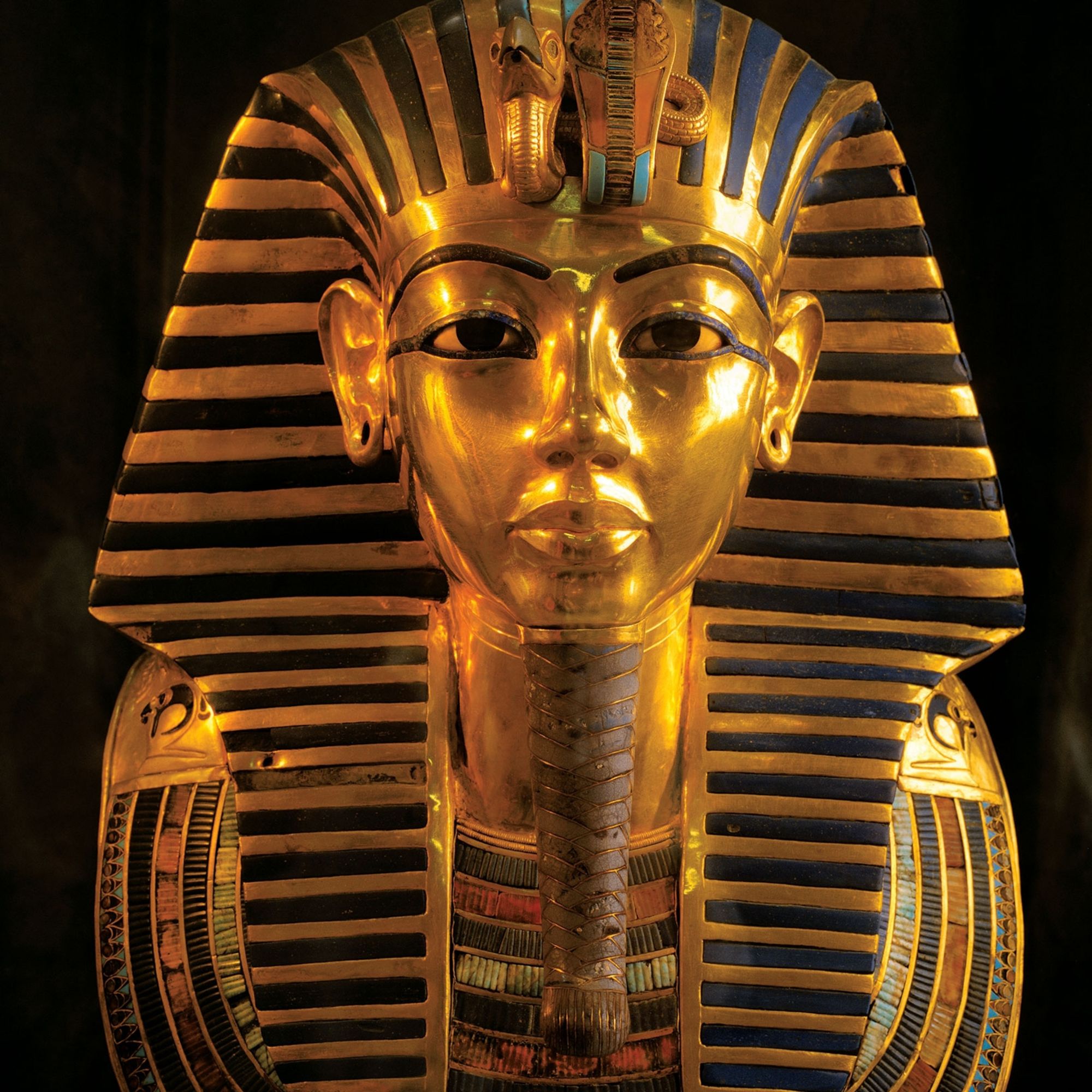
Birth and Ascension: Born around 1346 BC, Tutankhamun became pharaoh circa 1336 BC at approximately nine years old after Akhenaten’s death.
Reign and Legacy: Guided by regents like Ay, he reversed his father’s monotheistic reforms, restoring Egypt’s traditional gods and moving the capital to Thebes. His reign was short and militarily quiet, but his intact tomb, discovered in 1922, revealed treasures that illuminated ancient Egyptian life. This “Boy King” became a global symbol of youthful leadership and archaeological wonder.
Death and Succession: Died around 1327 BC at nineteen, possibly from malaria or injury, succeeded by Ay.
7. King Louis XIII of France
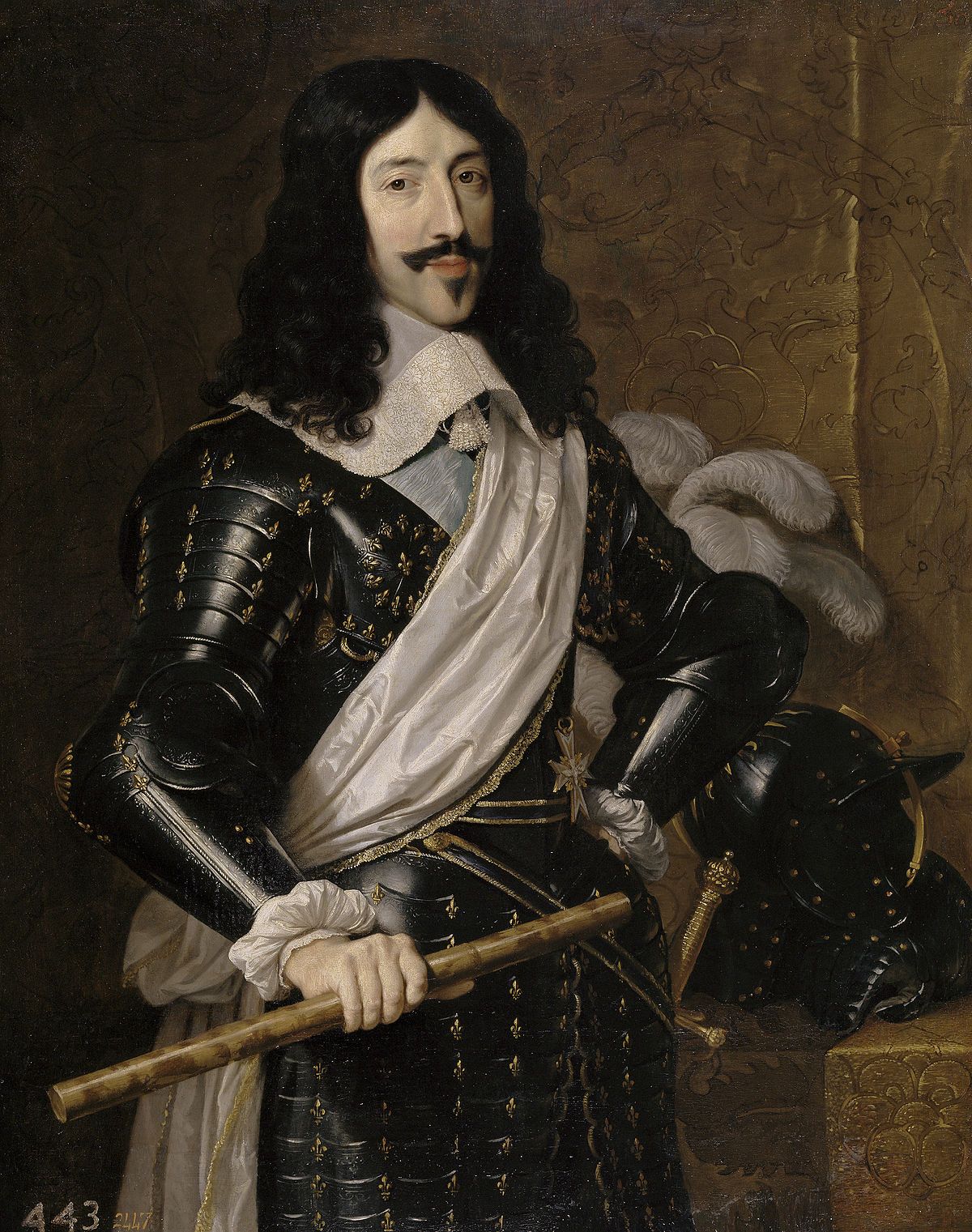
Birth and Ascension: Born September 27, 1601, in Fontainebleau, Louis XIII became king on May 14, 1610, at about eight years old after Henry IV’s assassination.
Reign and Legacy: His mother, Marie de’ Medici, ruled as regent until 1617. His reign saw Cardinal Richelieu’s rise, centralizing royal power and engaging in the Thirty Years’ War. Louis XIII strengthened France’s military and influence, navigating noble rebellions and European conflicts. His era laid foundations for Louis XIV’s absolutism.
Death and Succession: Died of tuberculosis on May 14, 1643, at forty-one, succeeded by his son Louis XIV.
6. Puyi, Emperor of China
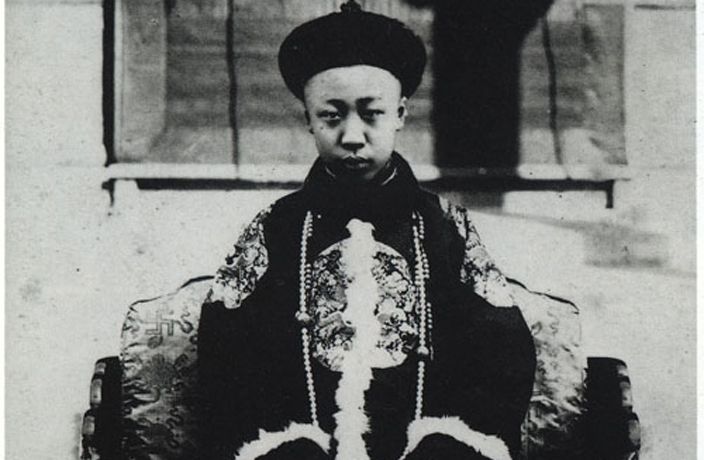
Birth and Ascension: Born February 7, 1906, in Beijing, Puyi became emperor in December 1908 at about two years and nine months old after Guangxu’s death.
Reign and Legacy: His rule ended in 1912 with the Xinhai Revolution, marking the fall of the Qing Dynasty. Expelled from the Forbidden City in 1924, he later served as Japan’s puppet emperor in Manchukuo from 1934 to 1945. Captured by Soviets and imprisoned in China until 1959, he lived quietly until 1967. His life, from toddler emperor to citizen, reflects China’s dramatic twentieth-century shift.
Death and Succession: Died October 17, 1967, with no imperial succession after 1912.
5. James VI of Scotland (later James I of England)
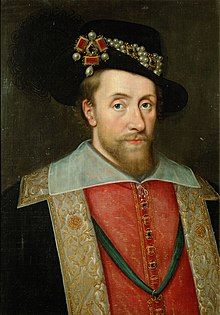
Birth and Ascension: Born June 19, 1566, at Edinburgh Castle, James VI became king on July 24, 1567, at about one year and one month old after Mary Queen of Scots’ abdication.
Reign and Legacy: Raised by regents, he assumed power in the 1580s. In 1603, he became James I of England, uniting the crowns. His reign saw the Gunpowder Plot, North American colonization, and the King James Bible’s creation, blending Scottish and English histories into a lasting legacy.
Death and Succession: Died March 27, 1625, at Theobalds House, succeeded by his son Charles I.
4. Henry VI of England
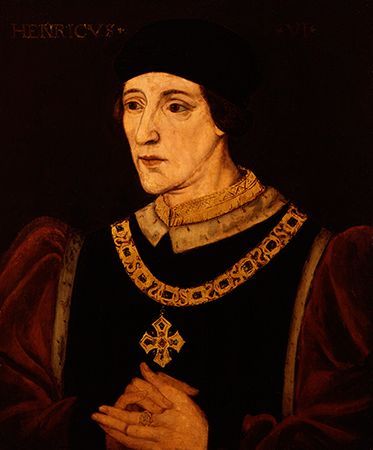
Birth and Ascension: Born December 6, 1421, at Windsor Castle, Henry VI became king on August 31, 1422, at about eight months old after Henry V’s death.
Reign and Legacy: Also crowned king of France in 1431, his reign saw losses in the Hundred Years’ War and the Wars of the Roses. Mental illness, possibly schizophrenia, led to periods of incapacity, with regents and nobles vying for control. Deposed in 1461, briefly restored in 1470, he was murdered in 1471, ending his tumultuous rule.
Death and Succession: Died May 23, 1471, in the Tower of London, succeeded by Edward IV.
3. Fuad II of Egypt

Birth and Ascension: Born January 16, 1952, in Cairo, Fuad II became king on July 26, 1952, at about six months old after Farouk I’s abdication during a coup.
Reign and Legacy: His reign ended in June 1953 when Egypt became a republic under Nasser. Exiled to Europe, he lived privately, later marrying and raising a family. Recognized by monarchists, his brief rule marks the end of Egypt’s monarchy, a footnote in its modern history.
Current Status: Lives as a private citizen with no formal succession.
2. Sobhuza II of Swaziland
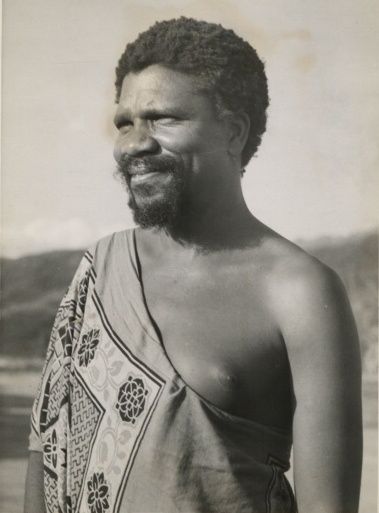
Birth and Ascension: Born July 22, 1899, as Prince Nkhotfotjeni, Sobhuza II became king on December 10, 1899, at about four months and eighteen days old after Ngwane V’s death.
Reign and Legacy: Ruling under British protection, he led Swaziland to independence in 1968. His over eighty-two-year reign, one of history’s longest, preserved Swazi culture while modernizing governance. A skilled diplomat, he balanced tradition and progress, leaving a stable nation.
Death and Succession: Died August 21, 1982, succeeded by Mswati III.
1. Mary Queen of Scots
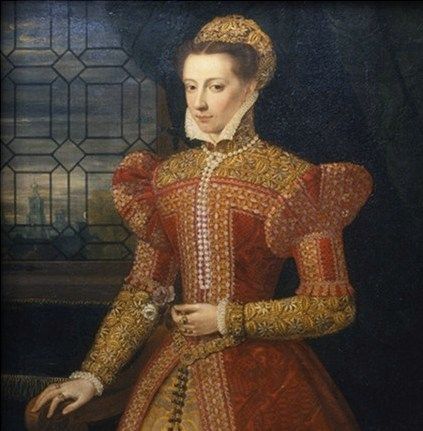
Birth and Ascension: Born December 8, 1542, at Linlithgow Palace, Mary became queen on December 14, 1542, at six days old after James V’s death.
Reign and Legacy: Sent to France, she married Francis II, returning to Scotland in 1561 after his death. Her reign faced religious strife and scandals, including Darnley’s murder, leading to her 1567 abdication for James VI. Imprisoned by Elizabeth I for nineteen years, she was executed in 1587 for treason, her life a dramatic saga of youth and power.
Death and Succession: Died February 8, 1587, succeeded by James VI in Scotland.

